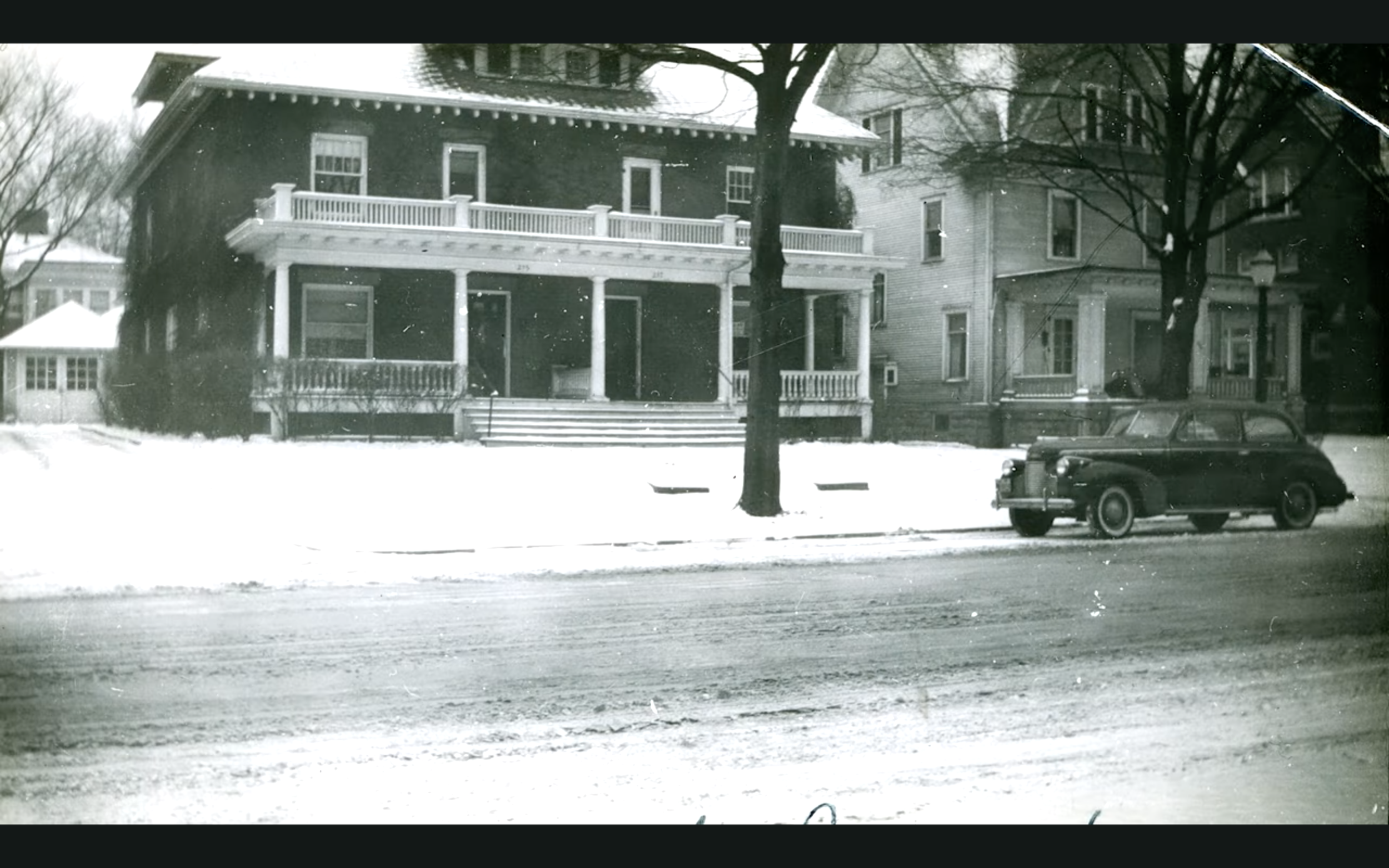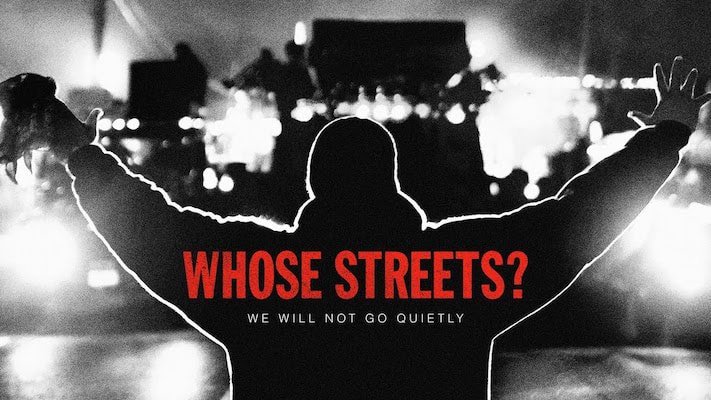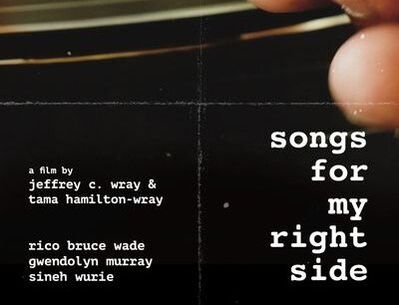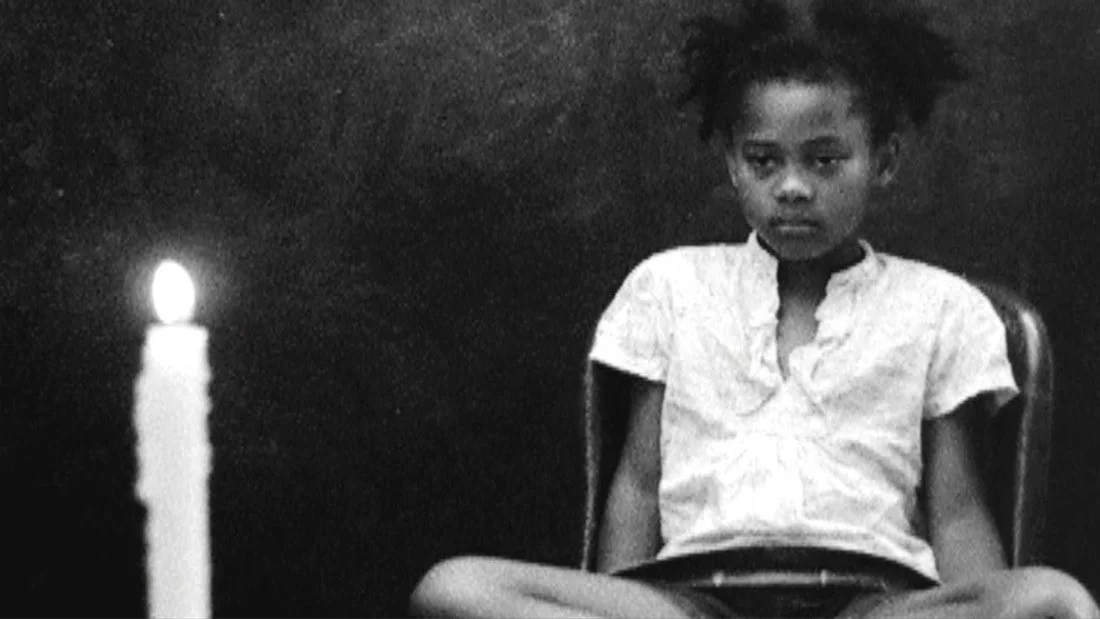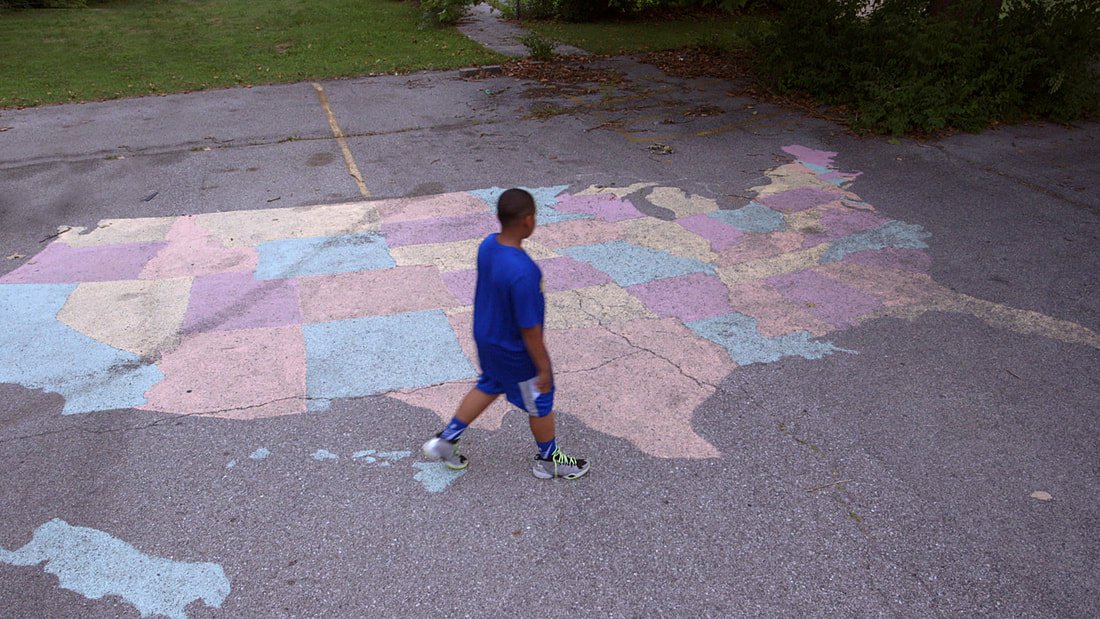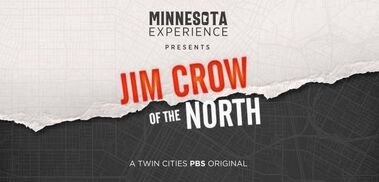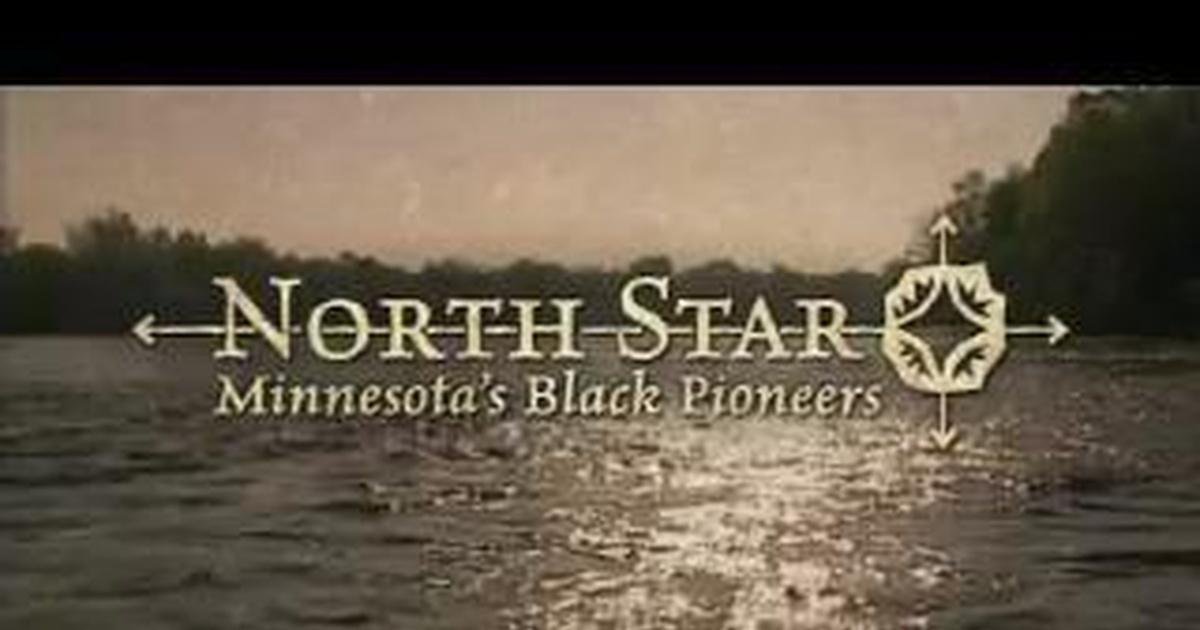
Films about the Black Midwest.
Directed and Executively Produced By Tara Conley, Ed.D.
Produced by Sean Arnold
Dry Bones tells the story of Ike Maxwell, a legendary Black football player during the 1970s whose life was immensely impacted when his brother was shot and killed by a white police officer in Elyria, a city in Ohio confronting a long history of racial tension.
Image courtesy of Aisha Ford
They Even Took The Dirt
Directed by Kenneth Turner and Penison Adolph Burton
They Even Took The Dirt is an important documentary that tells the story of a thriving black community that was destroyed and demolished by the government back in the late 1960s.
Another Life
Directed by Morgan Elise Johnson
In this docupoetry series, Black millennials share the challenges and triumphs of their therapeutic journeys toward healing in the aftermath of gun violence in Chicago. Martinez Sutton, the brother of Rekia Boyd, invites us into his world of music. Meanwhile, Amanie Foster takes us down memory lane as she struggles to find purpose after the murder of her cousin.
Metcalfe Park: Black Vote Rising
Directed by Brad Lichtenstein & Miela Fetaw
On April 7, 2020, Wisconsin held a primary election in the midst of the COVID-19 pandemic. In Milwaukee, only five polling sites were open — down from the usual 180. Long lines, difficulty in getting to the polls and fear of the pandemic and made it hard for community members to cast their ballots.
To encourage participation and raise voter awareness in the Black community, Melody McCurtis and Danell Cross from Metcalfe Park Community Bridges have hit the streets to urge everyone to vote.
Unapologetic
Directed by Ashley O’Shay
After two police killings, Black millennial organizers challenge a Chicago administration complicit in state violence against its Black residents. Told through the lens of Janaé and Bella, two fierce abolitionist leaders, Unapologetic is a deep look into the Movement for Black Lives, from the police murder of Rekia Boyd to the election of mayor Lori Lightfoot.
Whose Streets?
Directed by Sabaah Folayan & Damon Davis
In July 1967, Detroit experienced one of America’s most violent civil disturbances. To tell that story in an emblematic way, this feature film fuses rare archival footage from the era – including newsreel, educational films and more than 400 reels of home movies donated by Detroiters – along with illustrations. The narrative combines contemporary interviews, oral histories, radio broadcasts and dispatch recordings to create an immersive film experience that transports the audience back in time to explore the causes and aftermath of Detroit’s most pivotal moment in history.
Treasure: From Tragedy to Trans Justice, Mapping a Detroit Story
Directed by dream hampton
The majority of the victims of hate violence homicides in the United States are transgender women. Transgender people of color are six times more likely to experience physical violence from the police. Shelly “Treasure” Hillard, a young African American transwoman, died violently in 2011. She is one of many, and this is her story.
Director dream hampton does not shy away from the gruesome reality of Treasure’s murder, but heart-wrenching interviews keep the focus on Treasure as a friend who conveyed “24-hour realness,” as part of a vibrant local trans community and as a sister and daughter loved by a family that supported her living her truth. But hampton’s deft hand also shows the viewer affirming safe spaces within the desolation of the city, such as the Ruth Ellis Center, where trans justice advocates and outreach workers teach classes and rally around each other to promote healing in the aftermath of a tragedy. Treasure’s murder isn’t merely a hate crime; on a broader level, it is a travesty that displays the interworking consequences of society’s failings: racism, transphobia, the exploitation of sex workers, classism, systematic oppression, government indifference, and the continued criminalization of black bodies.
Free CeCe
Directed by Jac Gares
On her way to the store with a group of friends, Chrishaun Reed "CeCe" McDonald was attacked. In fighting for her own life, a man was killed. After a coercive interrogation, CeCe was incarcerated in a men's prison in Minnesota. An international campaign to free CeCe garnered significant support from media and activists, including actress and executive producer Laverne Cox. Laverne uses her platform to explore the roles race, class, and gender played in CeCe's case. CeCe emerges not only as a survivor, but as a leader of a growing movement to critically interrogate and disassemble the prison industrial complex.
Songs for My Right Side
Directed by Jazzy Tam Films
The short narrative film tells the story of published author and college professor Rodger Smith who was living a near model life - a beautiful wife and a successful career – until he made one transgression. Now his wife of 25 years, Josephine, has left him and he’s suffering from an affliction to the right side of his body. Rodger’s new friendship with a mysterious African émigré adds to the uncertainty as he attempts to pull his life back together.
Songs for my Right Side features accomplished stage actor Bruce “Rico” Wade as Rodger. Rico is noted for his lead roles in the Williamston Theatre presentation Blue Door and the Capital Area Players production of Fences as well as being a well-known stand up comedian. Gwen Murray, who has appeared on Law and Order and HBO’s Homicide, takes on the lead female role, Josephine.
12th and Clairmount
Directed by Brian Kaufman
In July 1967, Detroit experienced one of America’s most violent civil disturbances. To tell that story in an emblematic way, this feature film fuses rare archival footage from the era – including newsreel, educational films and more than 400 reels of home movies donated by Detroiters – along with illustrations. The narrative combines contemporary interviews, oral histories, radio broadcasts and dispatch recordings to create an immersive film experience that transports the audience back in time to explore the causes and aftermath of Detroit’s most pivotal moment in history.
Erie
Directed by Kevin Jerome Everson
In this landmark documentary, filmmaker Kevin Jerome Everson -- whose rich body of work has been acclaimed for its rigorous and poetic exploration of the African-American experience -- presents a series of single-take, black and white, 16mm sequences filmed in and around communities near Lake Erie, including Buffalo, Cleveland, Mansfield, Ohio and Niagara Falls.
Beautifully photographed and mostly free of dialogue (save for one conversation between three former General Motors employees), Erie is an incisive and major work - made available for the first time - that connects Black migration from the South to North to economic hardships facing working class communities today for one of the most compelling portraits of life in the United States.
Milwaukee 53206
Directed by Keith McQuirter
Milwaukee 53206 chronicles the lives of those living in the ZIP code that incarcerates the highest percentage of black men in America, up to 62%. Through the intimate stories of three 53206 residents, we witness the high toll that mass incarceration takes on individuals and families that make up the community. The film examines Milwaukee’s ZIP code 53206 to illuminate the story of people from across the United States who live with the daily affects of mass incarceration.
Where the Pavement Ends
Directed by Jane Gillooly
Where the Pavement Ends, on its surface is a film about the memory of a place. A chorus of voices, residents of both towns, help us to picture it. The film is a collage of contemporary and archival elements from a variety of published and oral sources (contemporary interview, vintage audio, film, photography, periodicals, FOIA government documents, architectural plans). Long poetic shots of the formerly vibrant town, coupled with voices from the past and the present bring us through an emotional landscape. The memory fragments voiced throughout, build a graphic picture of the charged atmosphere which led to Mike Brown’s death.
The Area
Directed by David Schalliol
The Area is a five-year odyssey of a South Side Chicago neighborhood, where more than 400 African-American families are being displaced by a multi-billion dollar freight company. The documentary film follows homeowner-turned-activist Deborah Payne, who vows to be "the last house standing," and the Row Row Boys, teen friends who must start a new life across gang lines.
Chi-Town
Directed by Nick Budabin
Chi-Town follows Keifer Sykes on his meteoric rise from Marshall High School on Chicago’s West Side to his improbable shot at the NBA. This exhilarating multi-year journey of the explosive point guard’s ascent is punctuated by personal loss, debilitating injury, and tragic violence. At only 5’11 and surrounded by shattered dreams and wasted potential, the odds are stacked against Keifer at every turn. Keifer’s focus on his goal and his never-wavering support for his community are inspirations. This is an intimate, raw, surprising and unique behind the scenes look at a true champion — and what it really takes to make it.
Thee Debauchery Ball
Directed by David Weathersby
Thee Debauchery Ball tells the story of a single house music event that was intended to pay reverence to the original intention of House Music culture of Chicago and grew to become the only fetish-themed, BDSM friendly, body positive, house party in the city.
It has helped redefine Black music, community, art, and sexuality. All topics that are often maligned in the Black community. The documentary tells the personal story of the founder, the DJs and the participants who look upon this event as a bastion of freedom and an escape from preconceived notions.
Detroit 48202: Conversations Along a Postal Route
Directed by Pam Sporn
In DETROIT48202 we take a journey with Wendell along his route, which winds through the center of what was, once upon a time, a vital and thriving city. We listen in on his conversations with his customers – the resilient Detroiters who share stories of resistance: pushing back against racial segregation in housing; challenging industrial and political disinvestment; and living on reduced pensions as a result of the 2014 municipal bankruptcy. Our characters share stories of hope and propose creative ways to re-imagine an inclusive, productive, equitable and re-invigorated city.
We also meet legendary labor organizer, General Baker, Historian Thomas Sugrue, and Urban Planner June Manning Thomas, who provide a thread of analysis and historical context.
Jim Crow of the North
Why does Minnesota suffer through some of the worst racial disparities in the nation? One answer is the spread of racist, restrictive real estate covenants in the early 20th century. Jim Crow of the North charts the progression of racist policies and practices from the advent of restrictive covenants after the turn of the last century to their final elimination in the late 1960s.
Unseen
Directed by Laura Paglin
In 2009, Cleveland police discovered the bodies of eleven women decomposing in the house and yard of known sex offender Anthony Sowell. With unprecedented access to the surviving victims, UNSEEN tells a chilling story about the invisibility of women on the margins of society and raises troubling questions about why this killing spree went unnoticed for so long.
THE AFRICAN AMERICAN MIDWEST: A 500 Year Fight for Freedom
Directed by African American Midwest
THE AFRICAN AMERICAN MIDWEST: A 500 Year Fight for Freedom is being developed by leading scholars of the African American Midwest, Midwest public television broadcasters, filmmakers, and production partners.
North Star: Minnesota's Black Pioneers
Presented by TPT
The "hidden history" of African American who helped shape the North Star state of Minnesota. From fur trader George Bonga to the state?s Star state of Minnesota. From fur trader George Bonga to the state?s first black woman lawyer, Lena Smith. first black woman lawyer, Lena Smith.

